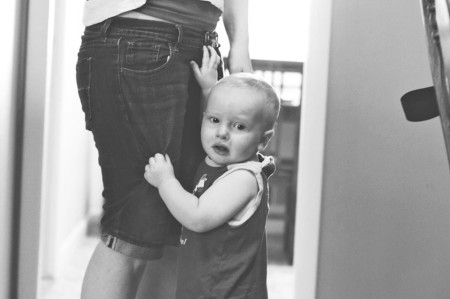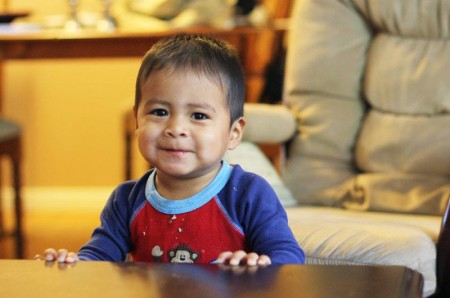January 15, 2016
by Maralee
1 Comment
I recently wrote a post about how you should talk to your toddlers about foster care. It’s important to me that foster families are having open and honest conversations with their kids about the process and the needs of the foster child coming into their home. I think it’s wise to start the conversation early so you make your mistakes before your kids are even old enough to remember. And for those of you who have a foster child in your community (through church, extended family, preschool, etc.), those tips are for you, too.
But what about talking to the foster toddler or preschooler about their own situation?
These kids have a right to an age-appropriate understanding of their story. Over the years we have learned that talking about these things openly helps remove the stigma or potential for shame. It also helps establish us as truthful and trustworthy people in their lives, which is a highly important role for kids who have trouble establishing a trusting attachment bond. We don’t sugarcoat things for our kids, but strive to speak to them in an age-appropriate way about the realities of why kids come into foster care. This has meant there hasn’t been a moment of shock for our adopted (from foster care) kids as they learn the reality of their own history. In some ways, they have always known it even before they could fully understand it.
(Everything I’m sharing with you is what I’ve learned from a “boots on the ground” perspective. I am not a therapist and I know in the world of foster care, the “right” language is always changing. I’ll do my best to explain what has worked for us with a full understanding that there may be other approaches.)
So here’s what I want you to think about when talking to a foster toddler or preschooler about foster care:
-Whatever you say to them, they may repeat. Before they understand how private this story is and how other people may respond to it, it is good to be really careful about what words you use. If you tell your foster child her parents are drug addicts that are in jail (or you speak those words to someone else in front of her), those words are going to come out in Sunday School, at team meetings, to the pediatrician, and to her birth family. You need to always be truthful with sensitive ways to explain what’s happening.
“We know you miss your mommy and daddy. We’re going to take good care of you while they get some help.”
-Talk in generalities. A foster child’s story belongs to them. While you shouldn’t lie, you also need to be discrete. Where adults have one or two words to describe a set of behaviors or circumstances (addict, homeless, felon, abuser, domestic violence, low IQ, poverty, alcoholic, prostitute), you are going to need to come up with some thoughtful language that helps explain the situation without being hurtful or scary. It can be helpful to talk about why kids in general might need a safe place instead of getting really specific about their situation. That can help normalize foster care for them as they understand they aren’t the only ones in this position.
Continue Reading →








